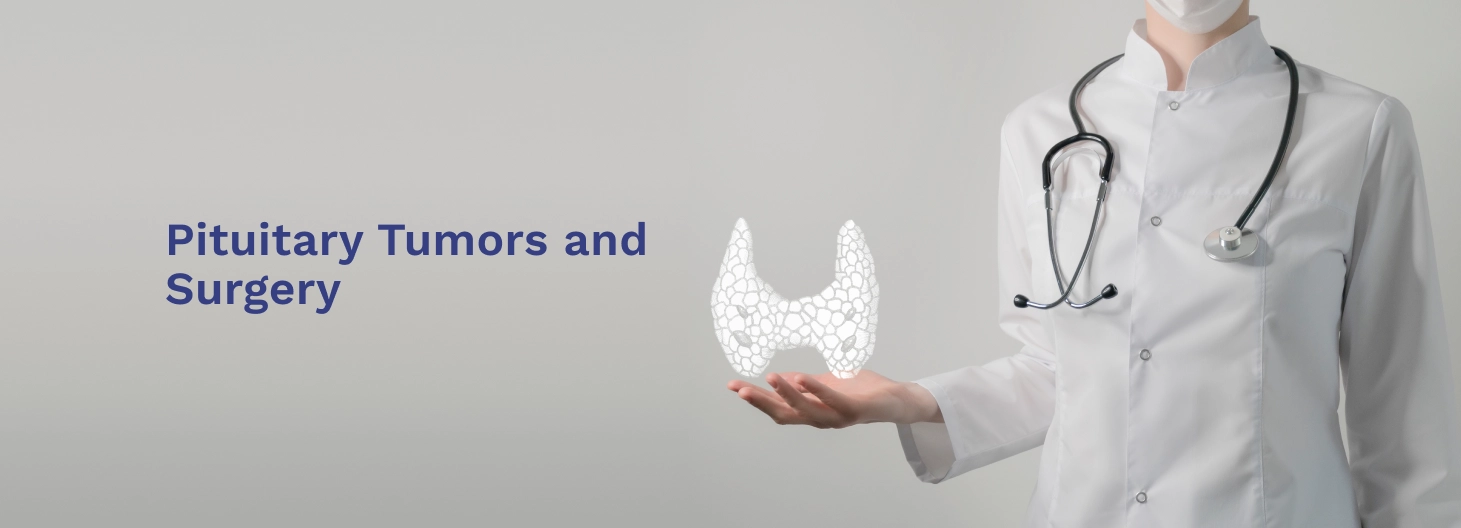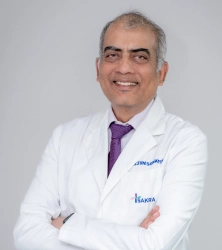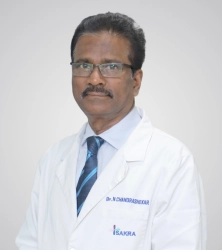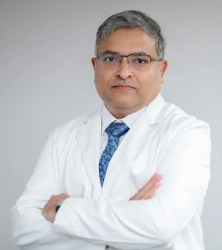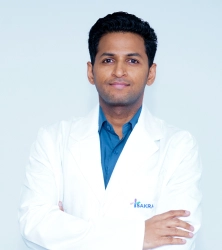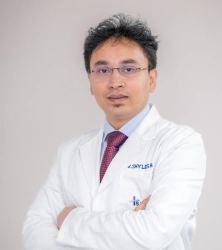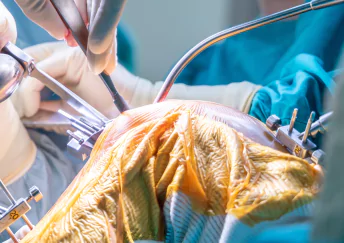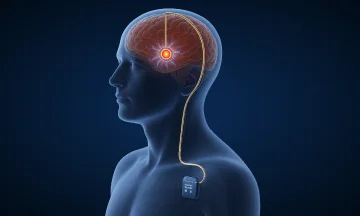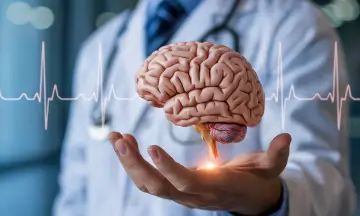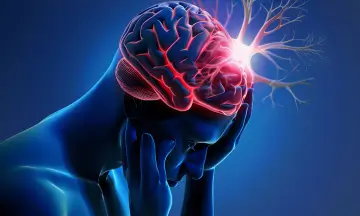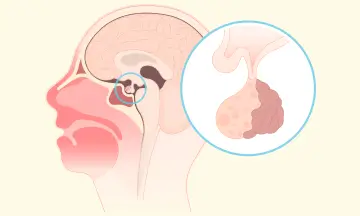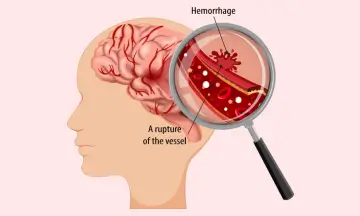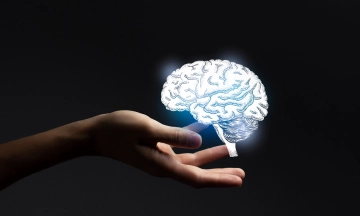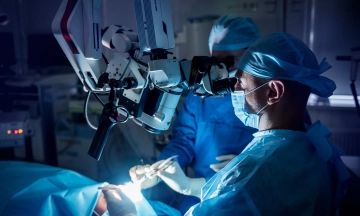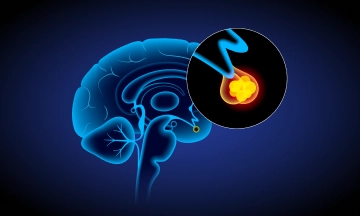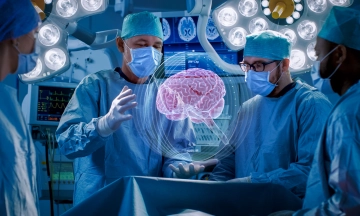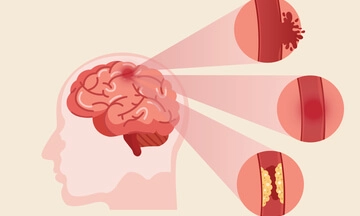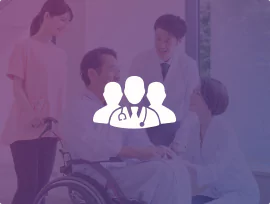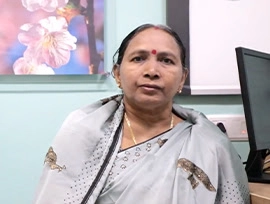About Sakra Institute of Neuroscience
The Sakra Institute of Neuroscience offers the most innovative, advanced treatments and therapies for all diseases of the nervous system. We have one of the most comprehensive programs in the country, featuring world-renowned specialists who perform advanced procedures from spine surgery to endoscopic skull base surgery, including pituitary gland tumor surgery and pituitary adenoma treatment.
The unit is headed by Dr. Satish Rudrappa, (Director of Institute of Neurosciences, Senior Consultant Neurosurgery & Head - Department of Spine Surgery at Sakra World Hospital, Bangalore) and comprises of Dr. Swaroop Gopal (Senior Consultant - Neuro Surgery & Director – Neurosciences) & Dr N. Chandrashekar (Consultant - Brain & Spine Surgeries and Neuro Trauma). The team of specialists with a combined experience of more than 35 years has performed over 40,000 surgeries with a remarkable rate of success that has enabled patients to return to their daily routine in a matter of a few days.
The Department of Neurosurgery at Sakra is one of the leading edges of treating neurological conditions using the latest innovations and techniques in neurosurgery, such as the Neuro Navigation system, Biplane Hybrid OT, Endoscopic Neurosurgery theatre, Spine Surgery theatre with image guidance, and Deep Brain Stimulation surgery, as well as Epilepsy Surgery procedures.
Q - What is the pituitary gland?
The pituitary gland is a pea-sized hormonal gland located at the base of the skull and behind the eyes. It is connected to the brain by a stalk. It is called the master gland of the body because of its ability to control various other systems.
The pituitary gland controls a number of different hormones (chemicals) affecting different body systems. These include - cortisol (a steroid hormone, which is responsible for a wide range of body functions); thyroid hormone (which controls your metabolic rate); sex hormones (for reproduction); prolactin (for breast milk production in women); growth hormone (for growth during childhood and adolescence) and anti-diuretic hormone (for water balance).
Q - What are pituitary tumors?
Pituitary tumors, also known as ‘adenomas’, are benign (non-cancerous) growths of the pituitary gland. These tumors can be functional or non-functional.
Functional tumors secrete hormones in excess. The commonest is a prolactin-producing tumor (also called ‘prolactinoma’) which manifests as abnormal milk discharge from the breasts and stoppage of normal menstrual cycles. Tumors that produce excess steroid hormones (Cushing’s disease) lead to hypertension, psychological disturbances, and typical features like obesity, moon face, and pigmentation marks in the abdomen. Tumors producing excess growth hormones lead to gigantism in children & acromegaly in adults, with swelling of hands and feet, nose.
Non-functional pituitary tumors tend to grow large and compress the optic nerves, thus affecting the eyesight. It can also cause damage to the surrounding normal pituitary tissue and result in the deficiency of some or all of the hormones produced by the pituitary gland.
Q - Are Pituitary tumors common?
Pituitary tumors can occur at any age (including in children), but they are most often found in older adults. Most tumors are benign pituitary adenomas; very few pituitary tumors are cancers.
Q - What are the symptoms of a tumor on the pituitary gland?
- Headaches.
- Vision problems.
- Unexplained tiredness.
- Mood changes.
- Irritability.
- Changes in menstrual cycles in women.
- Infertility or the inability to have children.
- Erectile dysfunction, which is the inability to achieve or maintain an erection in men and is caused by hormone changes.
Q - Is a pituitary tumor curable?
Most pituitary tumors are curable. If a pituitary tumor is diagnosed early, the outlook for recovery is usually excellent. However, if tumors grow large enough or grow rapidly, they are more likely to cause problems and will be more difficult to treat.
Q - What happens if a pituitary tumor goes untreated?
It is always important to keep in mind that not all large pituitary adenomas are cancerous, but if left untreated, they can cause serious illness because of their effects on the normal pituitary gland, optic nerves, and brain.
Q - Why is a pituitary surgery needed?
Surgery is the best possible treatment for pituitary tumors, with success rates of more than 90%. However, surgery is not indicated for prolactinomas as these tumors respond to medical treatment with drugs.
In the case of residual tumors or tumors located in critical areas, radiosurgery is considered a safe and effective treatment.
Q - What does pituitary surgery involve?
Surgery is the primary treatment for pituitary tumors. Most operations on the pituitary gland are carried out through the nose using a microscope or an endoscope. This gives the surgeons easy access to the gland with minimal injury to the patient. It is called ‘trans-nasal, trans – sphenoidal surgery’. Occasionally, the surgeon may need to reach the tumour by exposing the brain through the skull. This is called ‘transcranial surgery’. 95% of pituitary tumors can be managed through the trans-nasal route.
Q - What are the benefits of a ‘trans-nasal surgery’?–
- Lesser pain and discomfort
- Minimal blood loss
- No scar
- Shortest and safest approach
- Lesser hospital stay
- Lesser possibility of complications
Q - What happens after pituitary tumor removal?
The patient must not try to blow his or her nose for a few weeks after surgery. This allows the site where the surgery was done to heal. Often, patients will feel nauseated for the first day after surgery. This can occur because blood from the surgery drips down the throat and into the stomach.
Q - How long does it take to recover from pituitary tumor surgery?
If operated through the skull, the patient might feel tired for a couple of weeks after surgery. The patient may also have mild headaches or problems concentrating. It can take up to 6 weeks to fully recover. The cuts the doctor made (incisions) may be sore for about 5 days after surgery.
FAQs
Q1. What are the treatment options for pituitary tumors?
Treatment options for pituitary tumors include:
- Medications to shrink hormone-producing tumors
- Surgery to remove the tumor
- Radiation therapy when surgery isn’t possible or if the tumor returns
The treatment depends on the tumor type, size, and whether it's affecting hormone levels or nearby structures.
Q2. When is surgery required for pituitary tumors?
Surgery is needed if the tumor:
- It is large and pressing on the optic nerve, causing vision problems
- Produces excess hormones not controlled by medication
- It is suspected to be cancerous
- Doesn’t respond to medication or grows over time
Q3. What is the best surgical approach for pituitary gland tumor removal?
The most common and preferred approach is endoscopic transsphenoidal surgery, where the tumor is removed through the nose using a camera and instruments. It’s minimally invasive, leaves no visible scar, and offers faster recovery.
Q4. What is the recovery time after pituitary gland tumor surgery?
Most patients stay in the hospital for 2–4 days and can return to normal activities within 2–6 weeks, depending on their condition and response to surgery. Follow-up care is important to monitor hormone levels and healing.
Q5. Can pituitary tumors come back after treatment?
Yes, pituitary tumors can recur, especially if not completely removed or if they are aggressive. Regular follow-up with MRI scans and hormone tests helps detect any recurrence early and guide further treatment.


